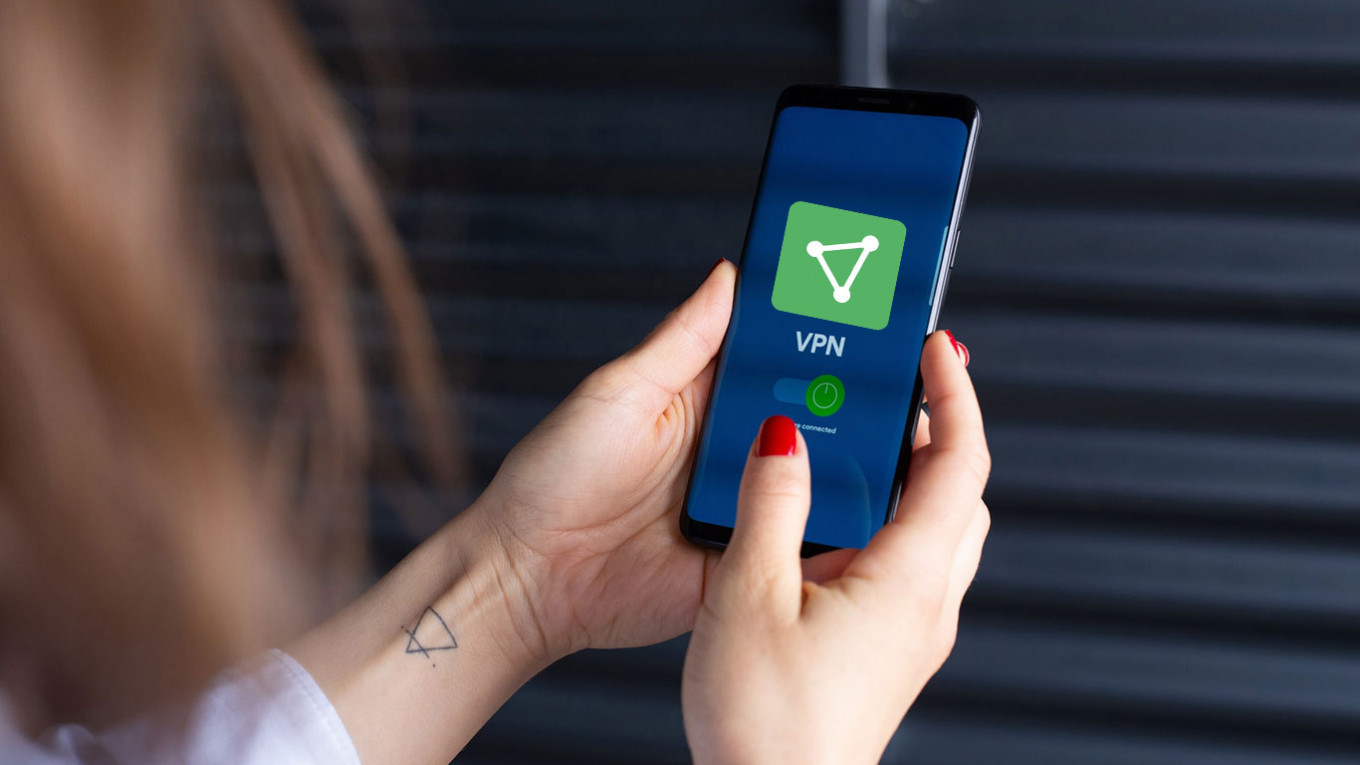
Russian users are encountering issues accessing the Proton VPN service due to likely interference by Russian authorities and internet providers, the Swiss-based company said late Wednesday.
VPN use in Russia has soared by 5,300% since authorities blocked independent media and popular U.S. social networks Instagram and Facebook in the early days of Moscow’s invasion of Ukraine. Observers say the blocks were aimed at stifling anti-war dissent and enforcing the Kremlin’s narrative of what it calls a “special military operation.”
“It is likely that the local ISPs and the authorities are interfering with VPN connections, in which case it may not be possible for us to solve such issues,” Proton said in a statement.
“We are continuing efforts to bypass the block,” it added.
Russia-based internet users began reporting disruptions with Proton VPN earlier Wednesday.
The GlobalCheck monitoring NGO reported 0% availability of the proton.me domain name on Russia’s Tele2 and state-owned Rostelecom providers as of early Thursday. The protonvpn.com domain name was available across all seven major Russian internet providers.
Neither domain name appears on state communications watchdog Roskomnadzor’s database of restricted websites.
Roskomnadzor confirmed Thursday that it was taking measures to thwart VPN services that allow Russian users to access blocked content.
Roskomnadzor has blocked more than 65,000 websites, which are still accessible via VPN services, between the start of Russia’s invasion of Ukraine on Feb. 24 and Thursday, June 2.
In March, Proton and two other VPN services announced they would give Russian users free access to independent news websites, social media and NGOs which have recently been blocked in the country.
Two years ago, Russia blocked Proton’s encrypted email service ProtonMail until it agreed to delete accounts that had been used to send fake, anonymous bomb threats.